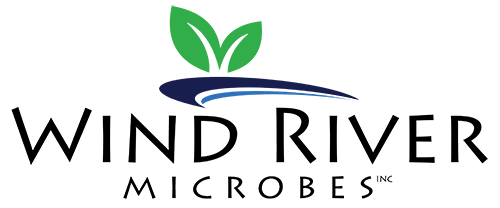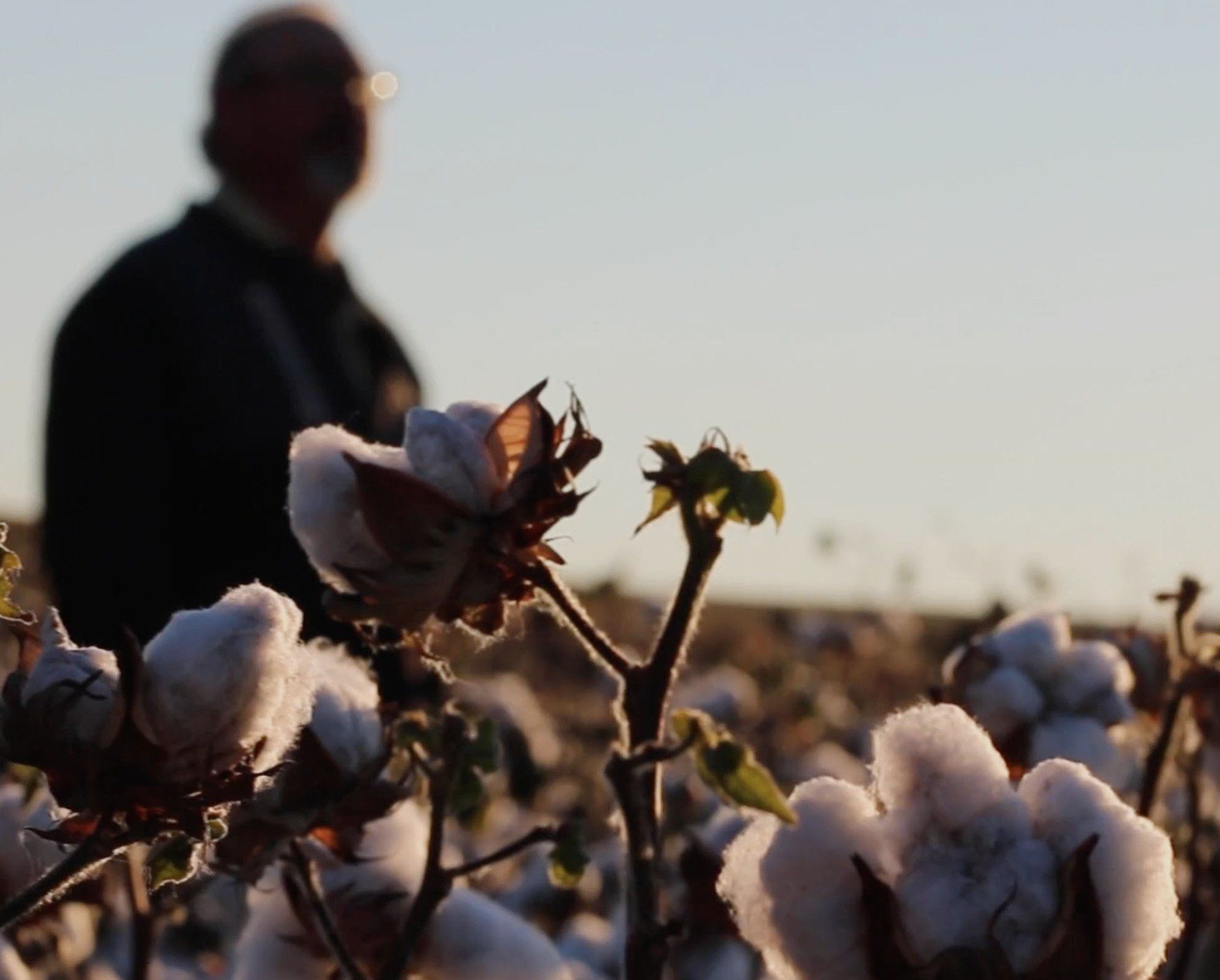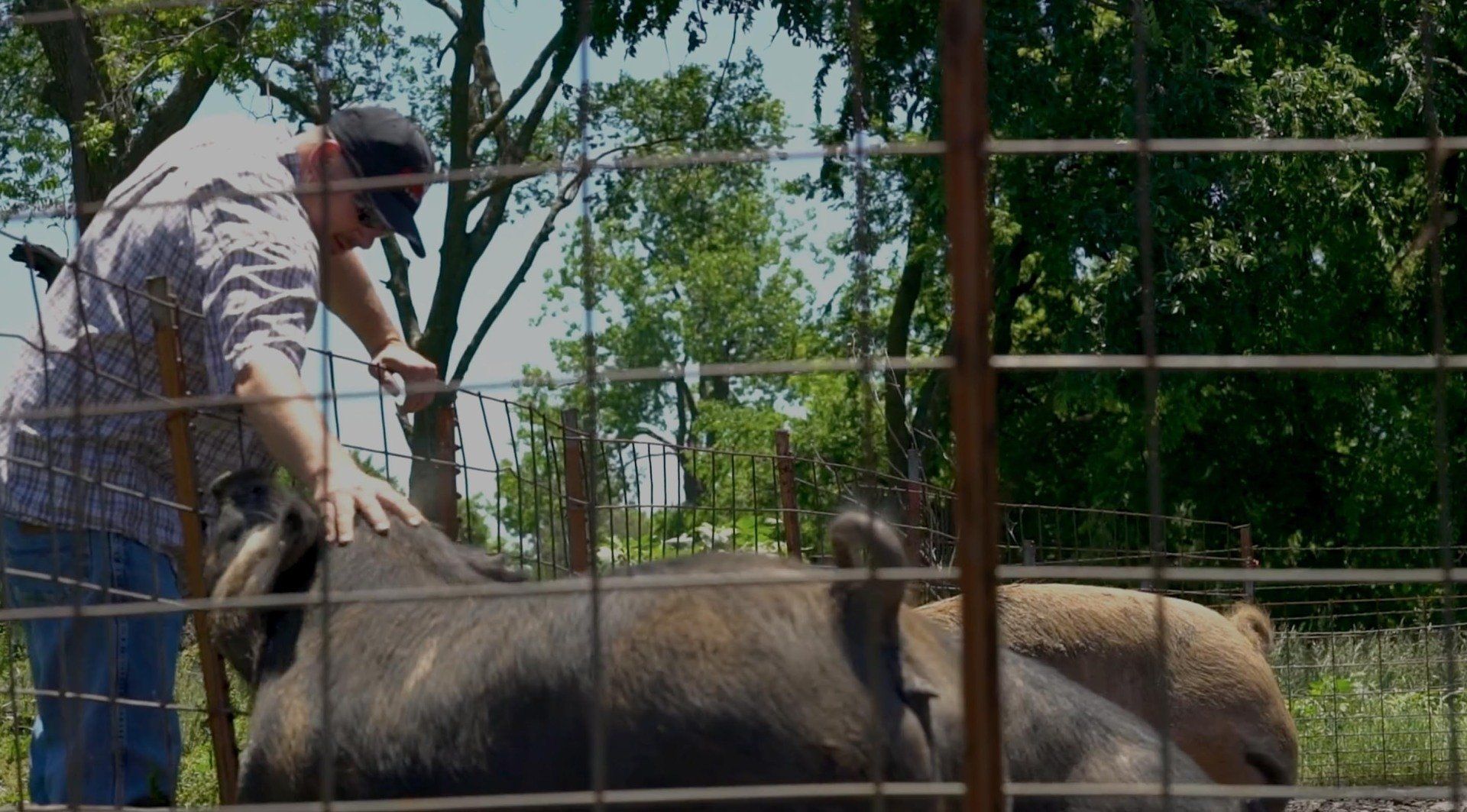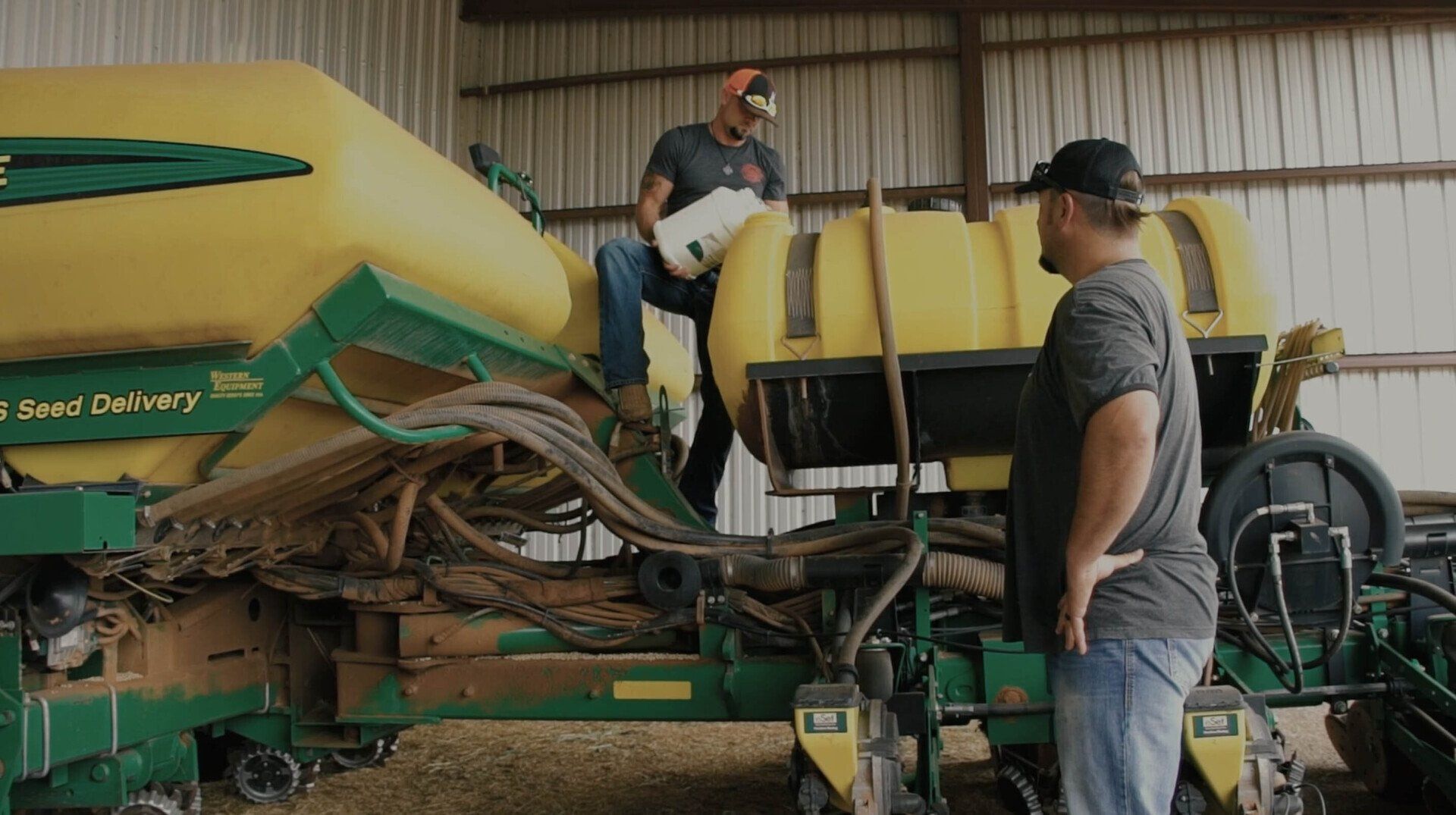Farmer
Increase yields for regenerative agriculture by building soil ecosystems.
Decrease Input Costs
Farming is not a career that someone wakes up one day and decides to do…it's in your blood. It requires patience, environmental knowledge, time-management, communication, etc. – and sometimes, good luck. Farming requires land cultivation and produces food and commodities for the masses. We can't control mother nature, but we can be more fruitful by decreasing input costs, improving soil and plant ecology, improving harvest quality and yields, all while practicing good stewardship.
Importance of Soil Ecology
In order to maximize production – decreasing costs while increasing yields – we must focus on soil health. For some, that's a dirty word combination. When we talk about soil health, we're referring to the ecology of the soil. The most important factors in soil ecology are the microorganisms within the soil, the microbial communities. Maintaining the proper balance of good to bad microbes within these communities is the key to successful farming.
"It's our duty, as agriculturalists, to be stewards of our land for future generations to come."
Our microbe formulations are sourced from plants, soils, and animals, so they are all naturally occurring microorganisms. It's our duty, as agriculturalists, to be stewards of our land. We must leave our soils in better shape than when we started using them for future generations to come. Wind River Microbes is committed to giving back what God gave us in the beginning.
– Jackie Dayberry
Rancher, Farmer,
President of Wind River Microbes










